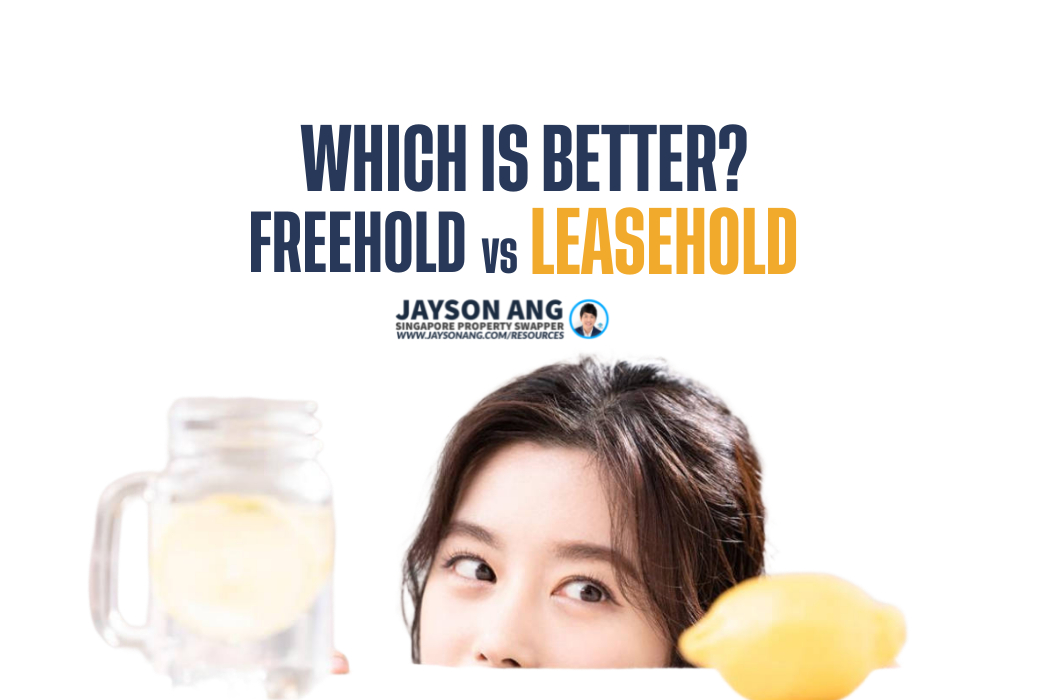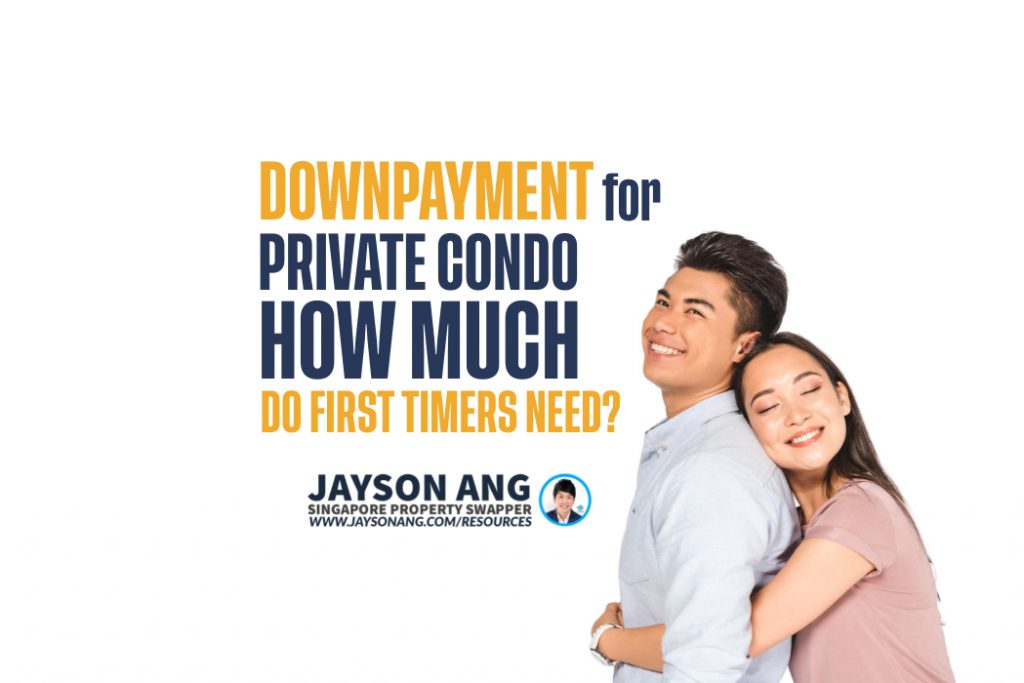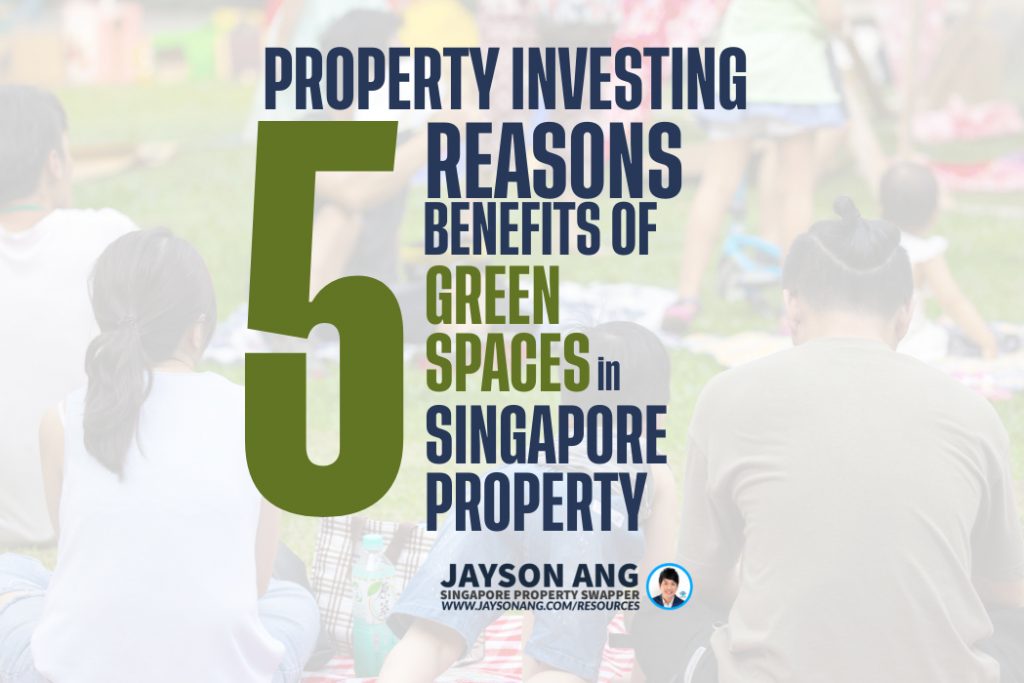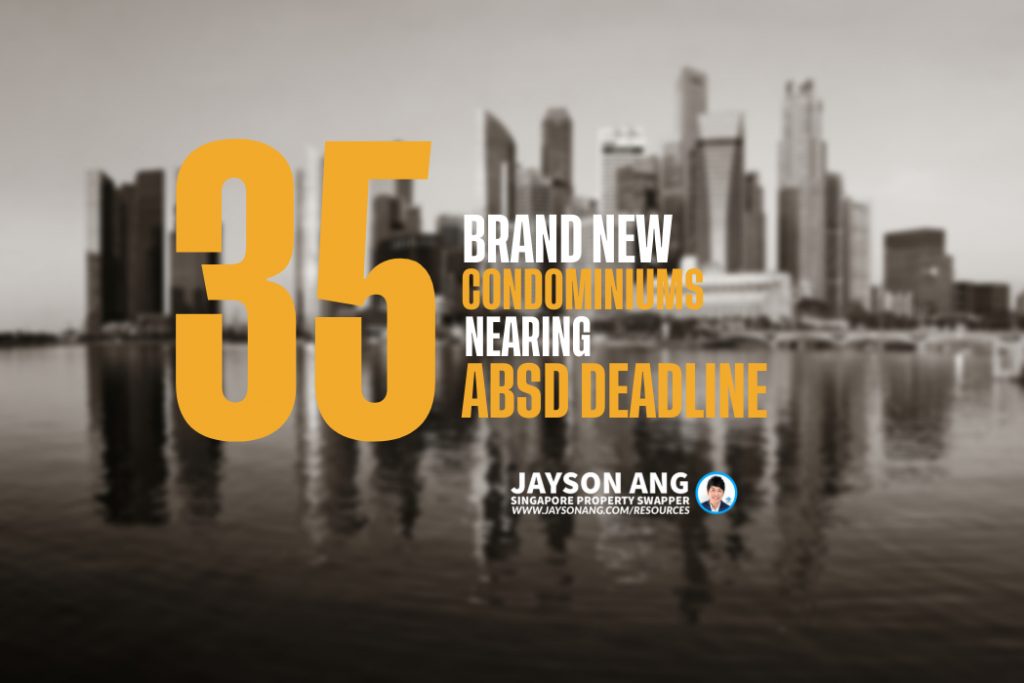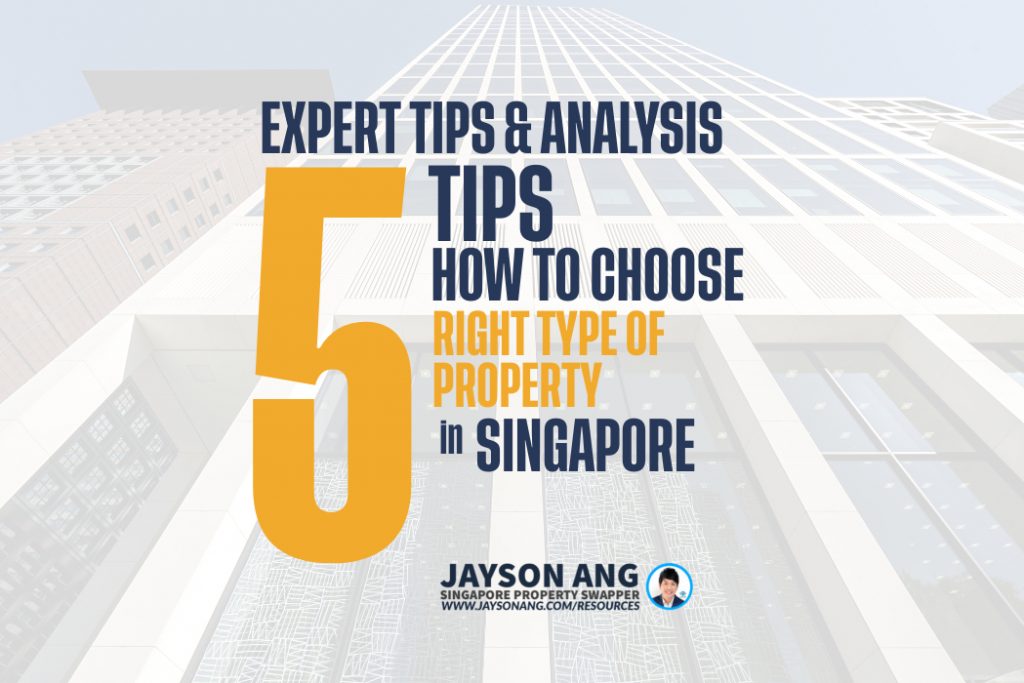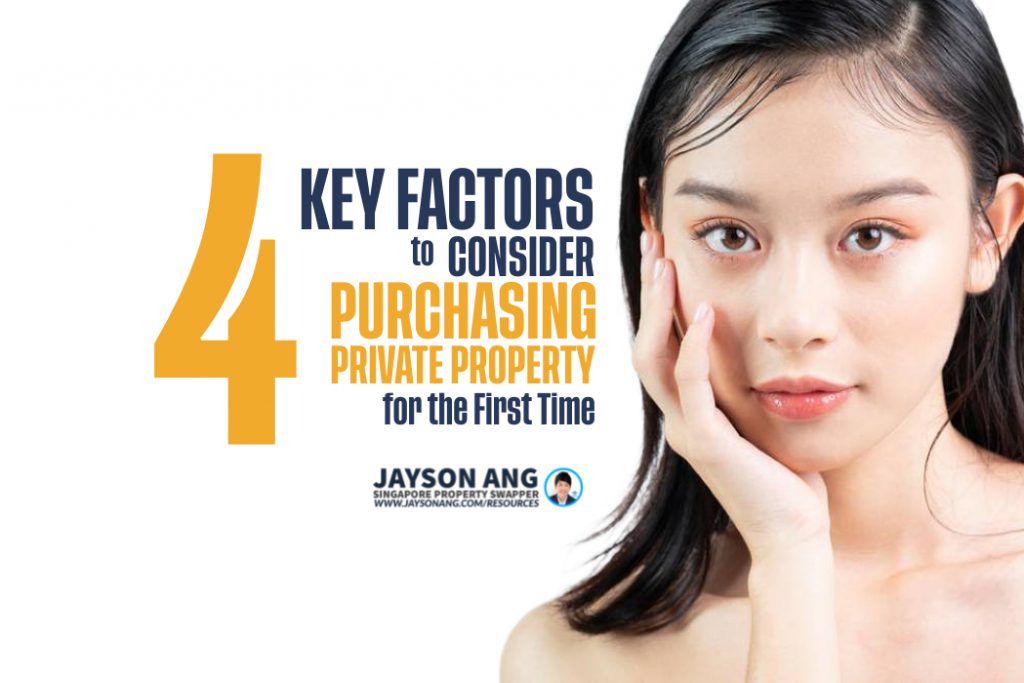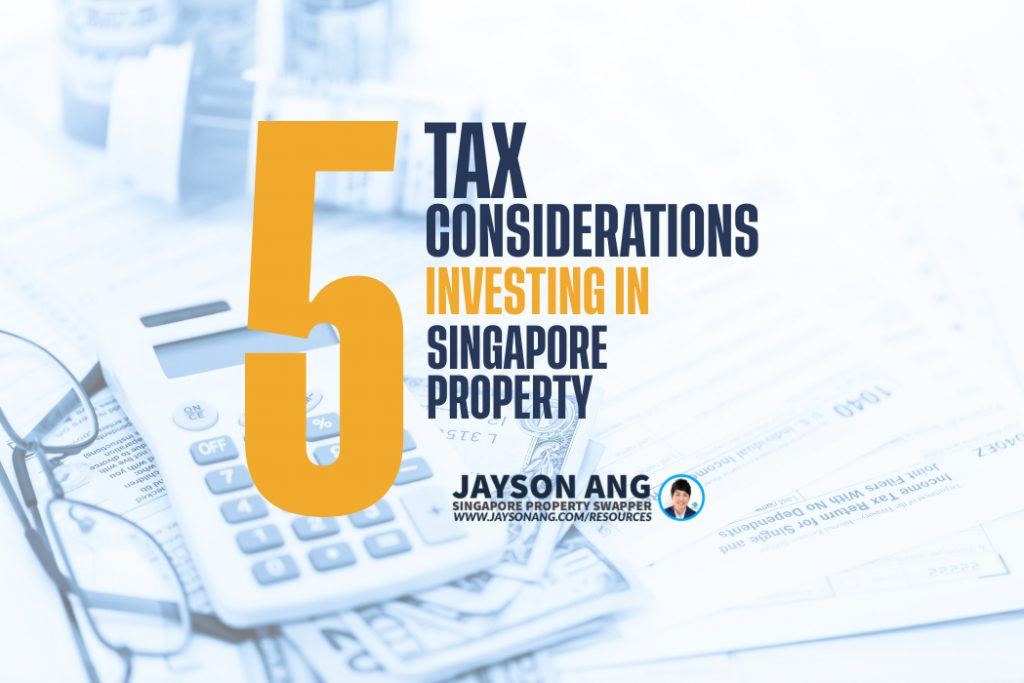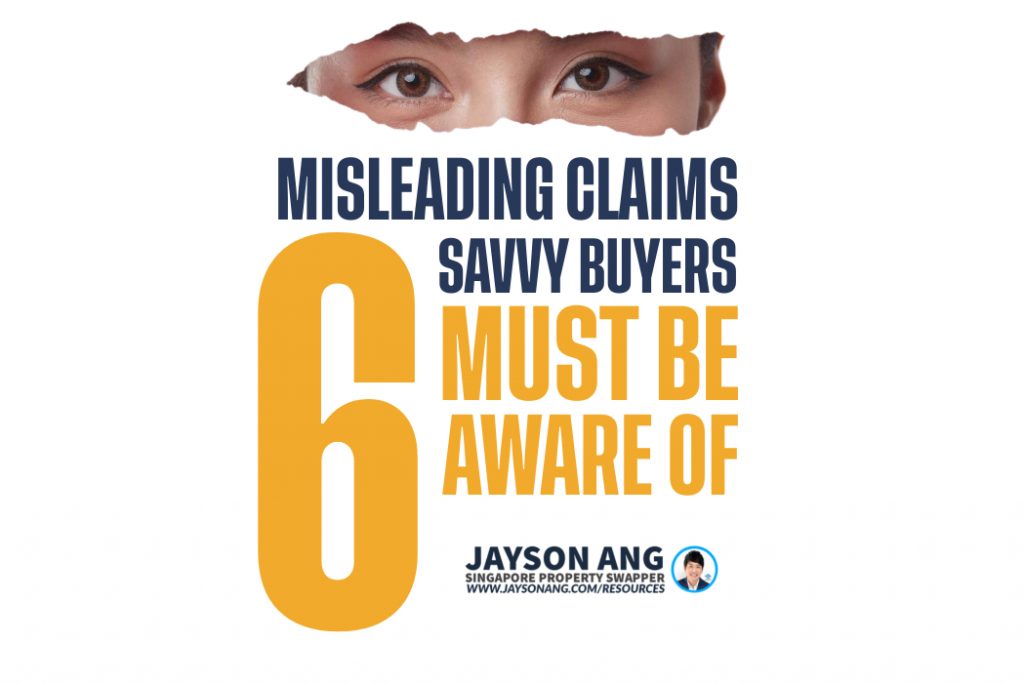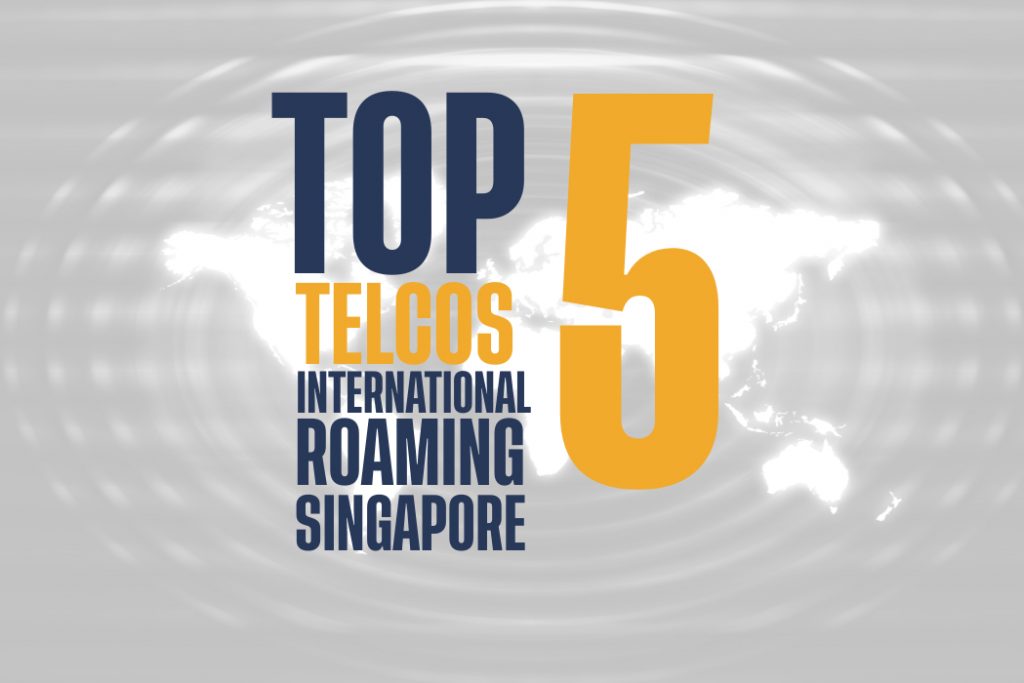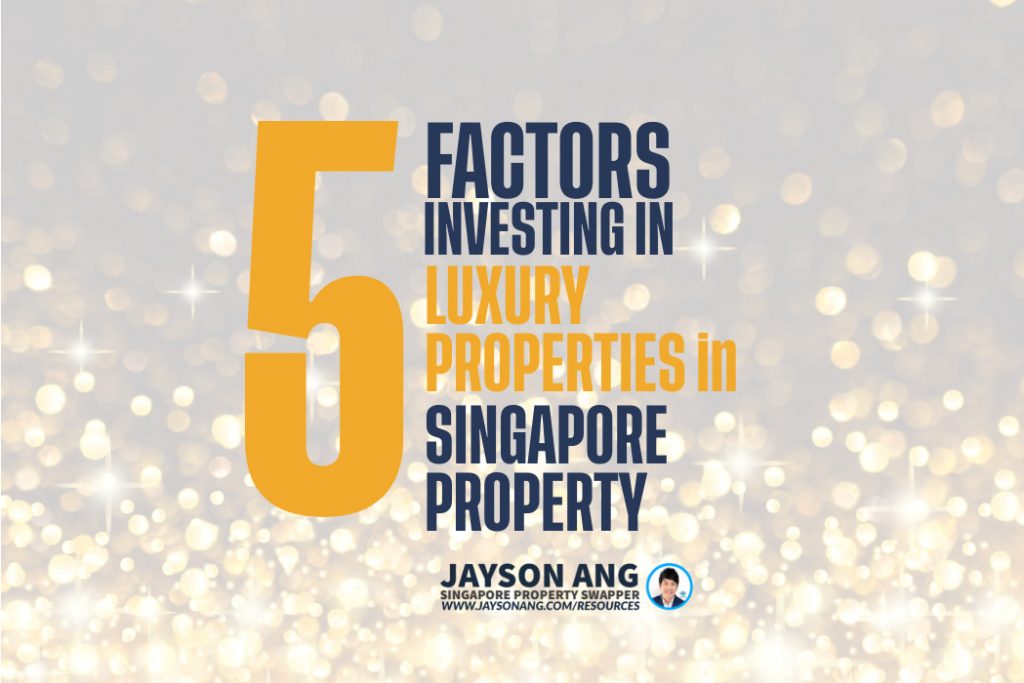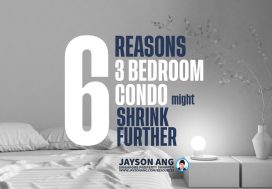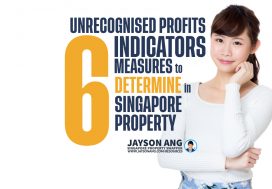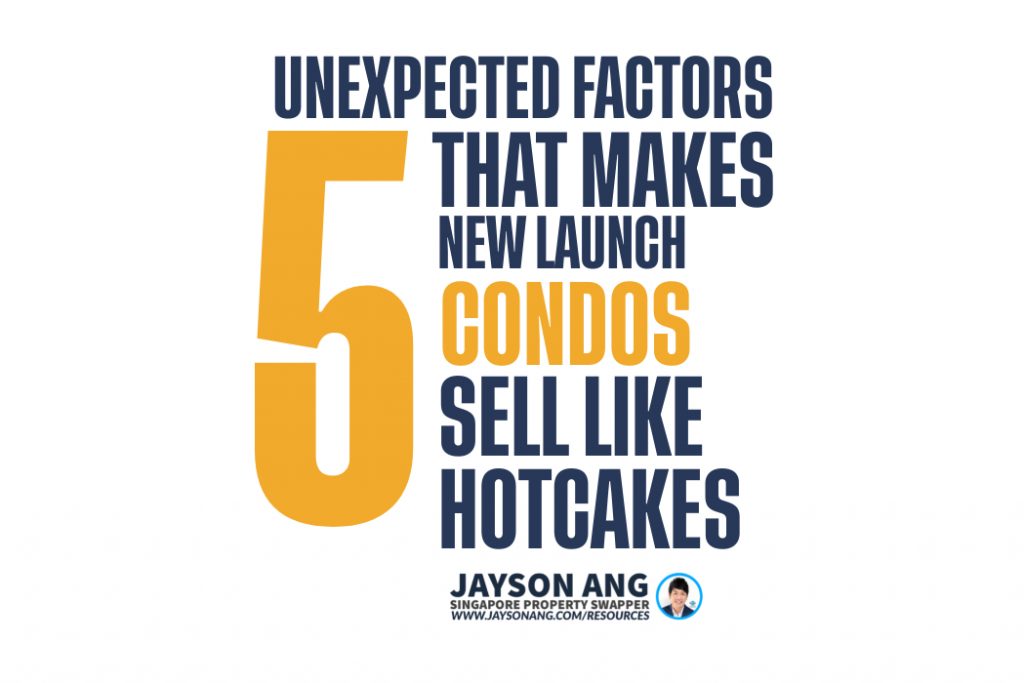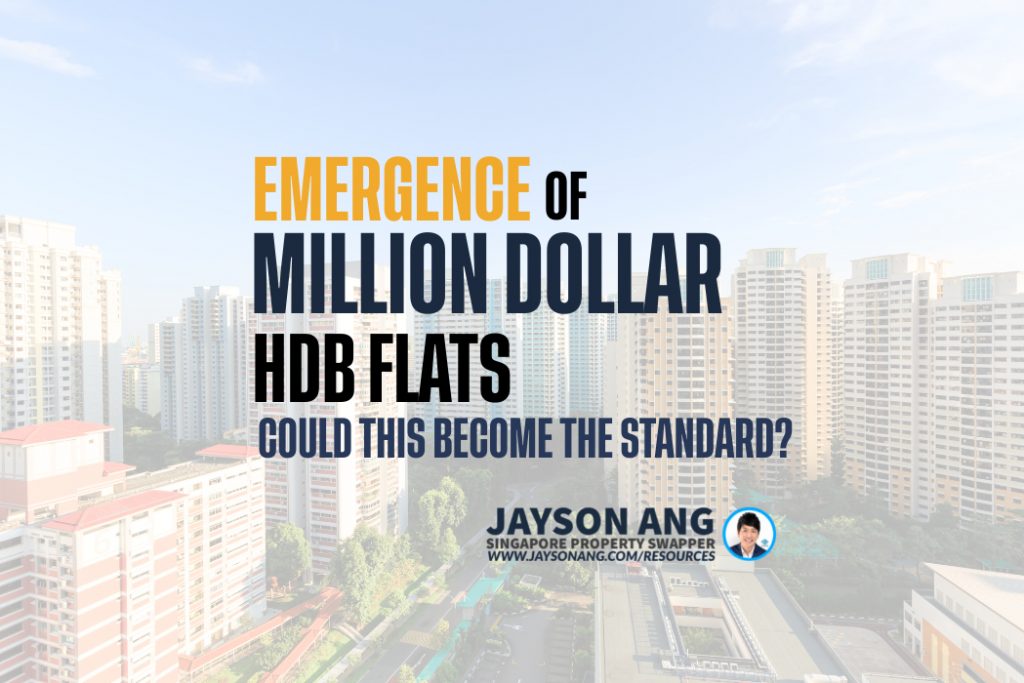TLDR
When it comes to property investments in Singapore, understanding the differences between leasehold and freehold properties is crucial. This article emphasizes the benefits of owning a freehold property over a leasehold one, highlighting the advantages of perpetual ownership, higher resale value, and fewer restrictions on loans and CPF usage. While leasehold properties are not necessarily bad investments, freehold properties are considered better investments in today’s market due to their long-term value retention and flexibility. Conducting thorough research before making a purchase is essential for any property investment decision.
In Singapore, where property is a hot topic, it is common to discuss the differences between leasehold and freehold properties.
In this article, we will explore the advantages of owning a freehold property over a leasehold one. It is worth noting that while we highlight the benefits of freehold properties, we do not intend to offend or discredit leasehold properties. Rather, we seek to share our opinion on why we believe freehold properties are a better investment in today’s market.
One of my client grew up in a 99-year leasehold cluster house that his father had bought in 1981. He had fond memories of walking around the estate with his father, who often regretted not investing in multiple freehold properties during the 80s and 90s when he was offered a massive discount. He sold his 1981 property for $1.15 million in 2017, and the highest translated price for it is $1.46 million in late 2021. While this may seem like a good price for a 2,000 square feet property, there is an issue with this property – it is old and may not retain its value in the future.
He was not concerned about the tenure of properties. He believed that a 99-year leasehold property could still hold its value. However, he soon realized that older leasehold properties have limitations to loans and CPF usage. For example, for properties with less than 30 years of lease remaining, no CPF can be used to buy a property.
In today’s market, where there is a shortage of land and an increasing population, freehold properties are becoming more valuable. A freehold property gives the owner perpetual ownership of the land and the building on it. This means that the owner has complete control over the property and can renovate, expand, or sell it at any time.
A freehold property also has higher resale value than a leasehold property. This is because buyers are willing to pay a premium for a property that they can pass down to their children and grandchildren. Moreover, a freehold property does not have the same restrictions as a leasehold property when it comes to loans and CPF usage.
In conclusion, while leasehold properties are not necessarily bad investments, freehold properties are better investments in today’s market. With a freehold property, the owner has complete control over the property and can sell it for a higher price in the future. However, as with any investment, it is important to conduct thorough research before making a purchase.
Should You Buy, Sell or Wait?
If you’re reading this, you must be trying to figure out the best course of action right now: is it the right time to buy or sell?
It’s difficult to give an exact answer since everyone’s situation is unique and what works for one person may not necessarily work for you.
I can bring you a wealth of on-the-ground experience and a data-driven approach to provide clarity and direction. From beginners to experienced investors, our top-down, objective approach will help you on your real estate journey.
I can help you by:
- Offering Strategic Real Estate Advice – I can help create a comprehensive plan to guide you through your property journey.
- Connecting Your Home with the Perfect Buyers – Through stunning visuals, an effective communication strategy, and an in-depth knowledge of the market, we’ll ensure your home is presented in the best possible way to fulfill your goals.
You May Also Like …

